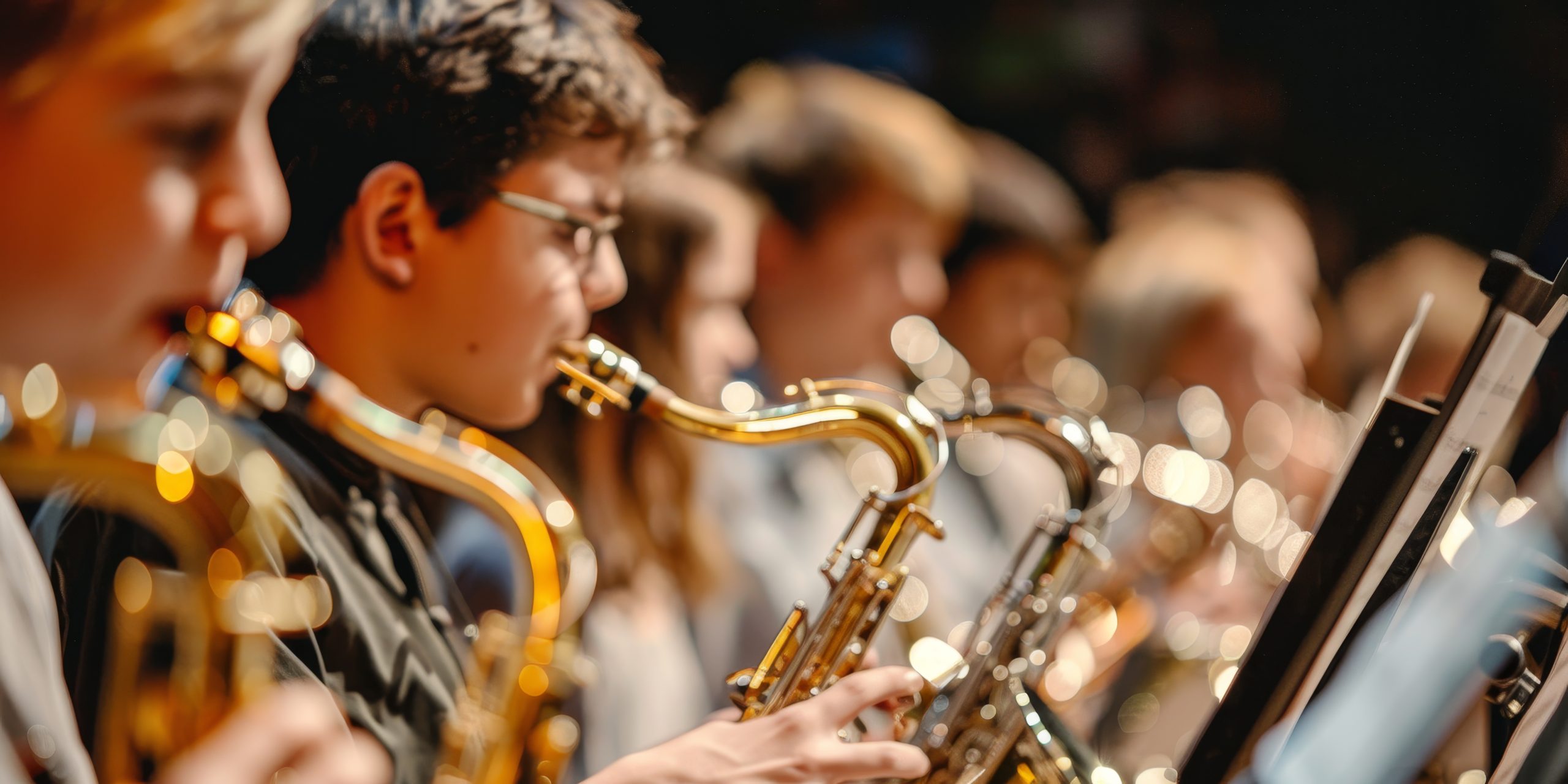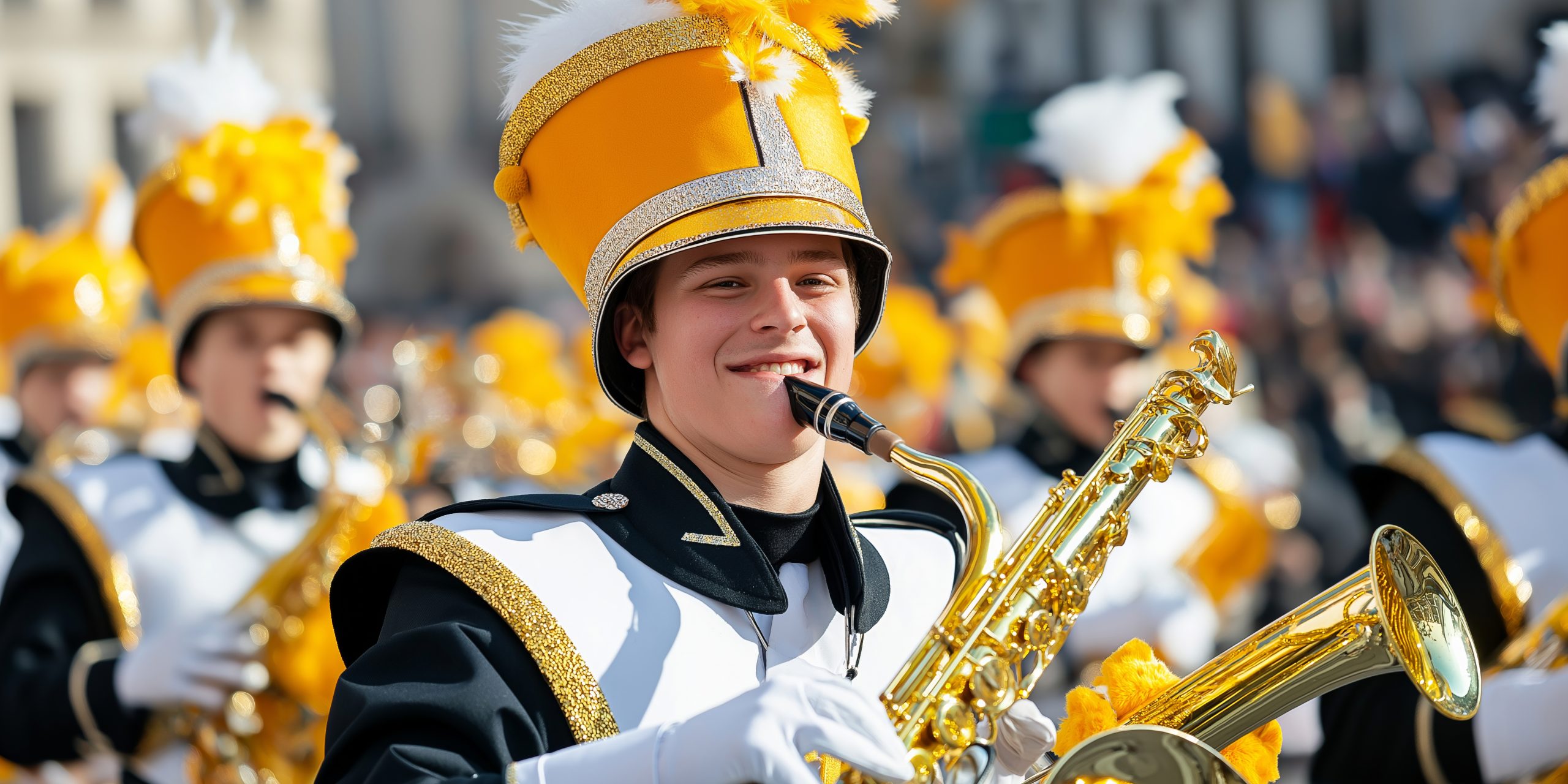Introduction
Planning a school music trip is a complex yet rewarding process that requires careful coordination, budgeting, and preparation. Whether you are organizing a trip for a marching band, orchestra, choir, or any other musical ensemble, ensuring a smooth experience for students, parents, and educators is key. This guide provides an all-encompassing approach to planning, sourcing, implementation, fundraising, student travel services, emergency preparedness, and insurance for group travel.
1. Planning Your School Music Trip
A well-planned music trip enhances students’ learning experiences and fosters team spirit. The planning phase involves:
- Setting clear objectives: Define the purpose of the trip (e.g., competition, cultural exchange, performance, workshop).
- Choosing the right destination: Consider venues that align with the trip’s educational and musical goals.
- Creating a timeline: Establish deadlines for fundraising, registrations, bookings, and rehearsals.
- Budgeting and cost estimates: Identify all potential expenses, including transportation, accommodation, meals, and incidentals.
2. Sourcing Travel Services
Working with experienced travel providers is crucial for a smooth trip. Key areas to consider:
- Transportation: Select reputable bus or airline services with experience in student group travel.
- Accommodation: Choose hotels or dormitories with student-friendly policies and proximity to event venues.
- Meal Planning: Opt for meal packages that accommodate dietary restrictions and ensure timely service.
- Tour and Performance Venues: Research and secure appropriate performance halls, competitions, and local attractions.
3. Implementation and Logistics
Executing a successful trip requires detailed logistics planning:
- Travel Itineraries: Provide a clear schedule with departure times, performances, meals, and sightseeing activities.
- Chaperone and Staff Roles: Assign responsibilities to ensure student supervision and emergency handling.
- Packing Guidelines: Share a checklist with students and parents covering attire, instruments, and essential documents.
- Health and Medical Preparedness: Collect emergency contact details, medical information, and prescriptions.
4. Fundraising for School Music Travel
Raising funds for music trips helps reduce financial burdens on families. Popular fundraising strategies include:
- Sponsorships and Grants: Seek financial support from local businesses, educational organizations, and arts councils.
- Crowdfunding Campaigns: Use platforms like GoFundMe and DonorsChoose to gather community support.
- Concert Fundraisers: Organize benefit performances where ticket sales contribute to the trip budget.
- Merchandise Sales: Sell custom apparel, music-themed items, and baked goods to generate funds.
5. Student Travel Services
Ensuring students have a safe and enjoyable experience is a priority. Key services include:
- Group Ticketing and Transportation: Work with travel agencies that specialize in student trips.
- Accommodation Security Measures: Confirm that hotels implement student safety policies.
- Meal Coordination: Pre-arrange meals to avoid delays and ensure dietary accommodations.
- Student Behavior Guidelines: Set clear expectations for conduct and consequences for rule violations.
6. Emergency and Contingency Planning
Unexpected situations can arise during travel. Being prepared for emergencies is essential:
- Emergency Contact Lists: Maintain updated parent and guardian contacts.
- First Aid and Medical Protocols: Train chaperones in basic first aid and carry a medical kit.
- Crisis Management Plan: Establish procedures for lost students, missed flights, and medical emergencies.
- Communication Channels: Use group messaging apps to keep students, chaperones, and parents informed.
7. Group Travel Insurance
Investing in travel insurance ensures financial protection against trip cancellations, medical emergencies, and other unforeseen events:
- Types of Coverage: Select policies covering trip cancellations, medical expenses, lost luggage, and emergency evacuations.
- Policy Providers: Compare plans from reputable insurers specializing in student group travel.
- Understanding the Fine Print: Ensure parents and chaperones understand policy inclusions and exclusions.
- Claim Procedures: Provide clear guidelines for claiming reimbursements in case of trip disruptions.
8. Top 10 International School Music Travel Destinations
1. London, England
Why go: A hub for classical and contemporary music, London offers iconic performance venues and rich musical heritage.
Highlights: Perform at Royal College of Music, attend West End musicals, tour Abbey Road Studios, and explore British music history.
2. Paris, France
Why go: The City of Light offers elegance, artistry, and history with a romantic backdrop for music.
Highlights: Perform in historic cathedrals like La Madeleine, visit the Paris Conservatory, and explore the Louvre and Eiffel Tower.
3. Rome, Italy
Why go: With its ancient roots and deep connection to sacred and operatic music, Rome is a powerful setting for choral and classical groups.
Highlights: Perform in St. Peter’s Basilica, attend a masterclass with Italian musicians, explore the Vatican and Roman ruins.
4. Vienna, Austria
Why go: The heart of classical music, Vienna is where Mozart, Beethoven, and Haydn lived and composed.
Highlights: Perform at Schönbrunn Palace, tour the Vienna Philharmonic, and visit the House of Music interactive museum.
5. Barcelona, Spain
Why go: A vibrant cultural city known for art, architecture, and musical expression.
Highlights: Perform at the Palau de la Música Catalana, explore Gaudí’s landmarks, and experience Spanish folk and flamenco music.
6. Prague, Czech Republic
Why go: A hidden gem for music travel, Prague offers stunning baroque venues and a rich musical tradition.
Highlights: Perform in historic chapels and halls, attend Czech philharmonic concerts, and explore the medieval cityscape.
7. Tokyo, Japan
Why go: A high-tech, tradition-rich city that blends Western music with Japanese cultural immersion.
Highlights: Perform at international festivals, collaborate with local school ensembles, and experience tea ceremonies, temples, and technology.
8. Beijing, China
Why go: A culturally immersive opportunity to perform and learn in one of the world’s oldest civilizations.
Highlights: Perform at conservatories or cultural festivals, walk the Great Wall, and tour the Forbidden City.
9. Sydney, Australia
Why go: A stunning destination with warm hospitality and opportunities to perform in iconic venues.
Highlights: Perform at the Sydney Opera House (student-level halls), enjoy beach excursions, and experience Aboriginal musical traditions.
10. Dublin, Ireland
Why go: A friendly, music-loving city where student ensembles are welcomed with open arms.
Highlights: Perform in cathedrals or festivals, experience Celtic music culture, and tour the Irish countryside.
Conclusion
A successful school music trip requires meticulous planning, the right service providers, thorough emergency preparedness, and proper insurance coverage. By following these guidelines, educators and organizers can create memorable and enriching travel experiences that enhance students’ musical and personal growth.














